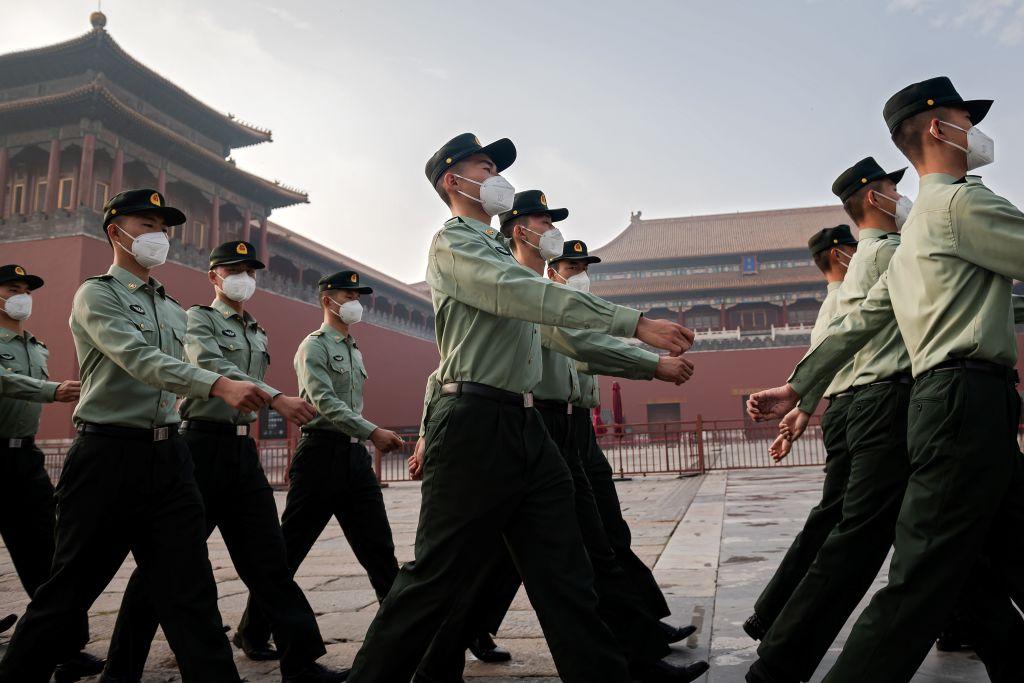WASHINGTON—The Treasury Department on Dec. 28 released guidance for investors about the president’s new executive order that bans investment in companies with ties to the Chinese military. The guidelines clarify that the ban will include subsidiaries of all Chinese firms in the Pentagon’s blacklist, handing a clear win to national security advocates.
The notice came after a conflict reportedly broke out within the administration over how to implement the new order. The Pentagon and the State Department, according to media reports, had objected to Treasury Secretary Steven Mnuchin’s effort to soften the executive order by excluding subsidiaries from the ban list.





